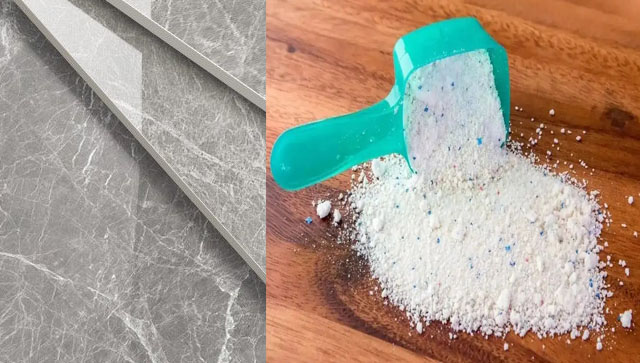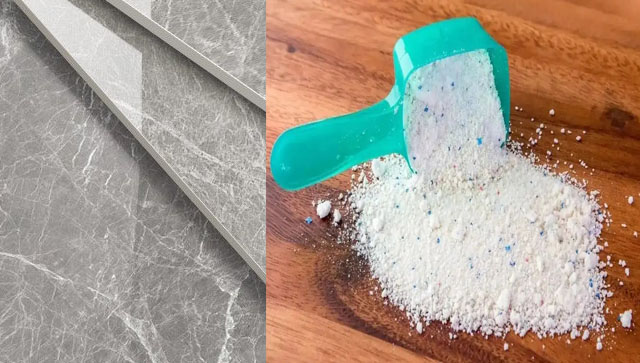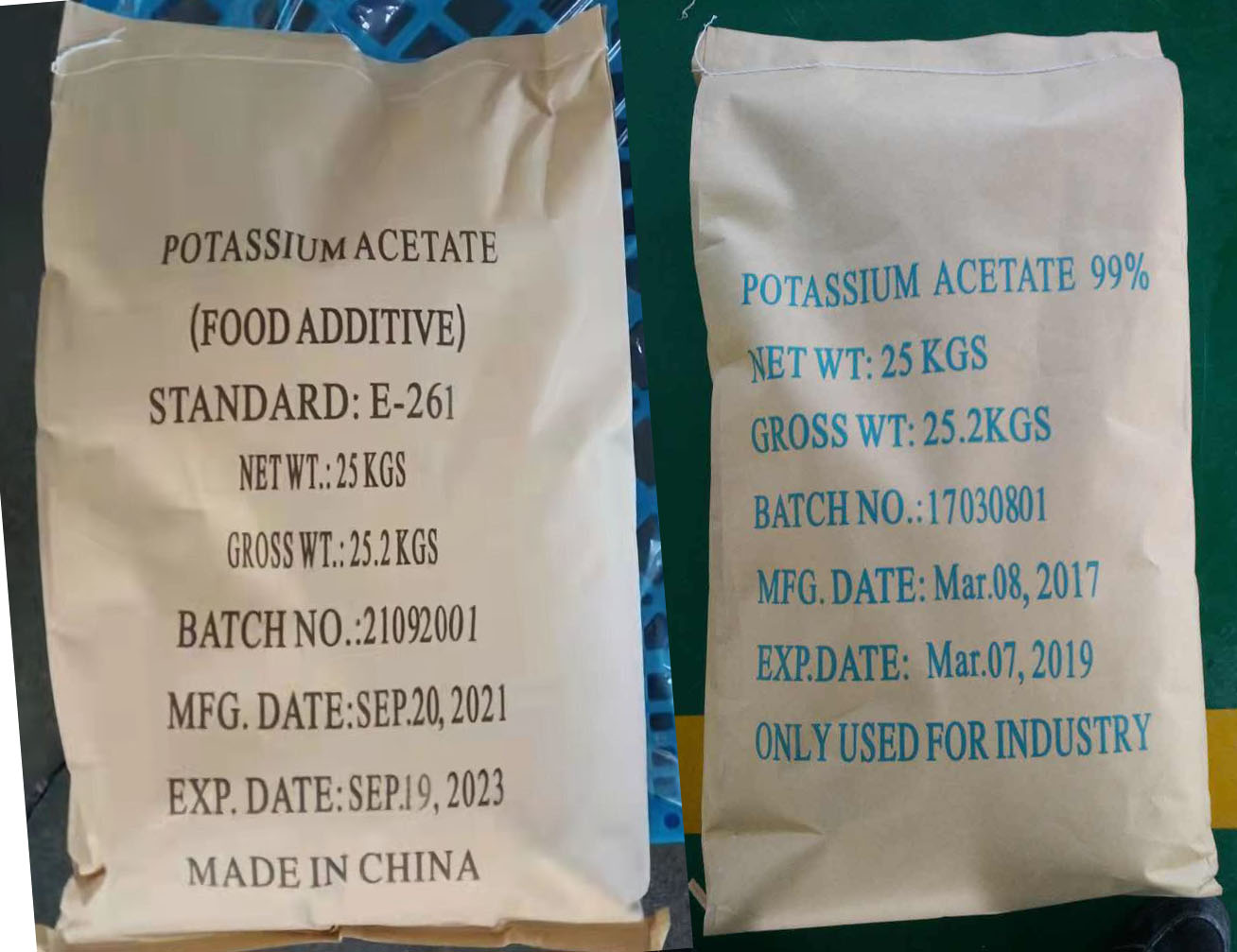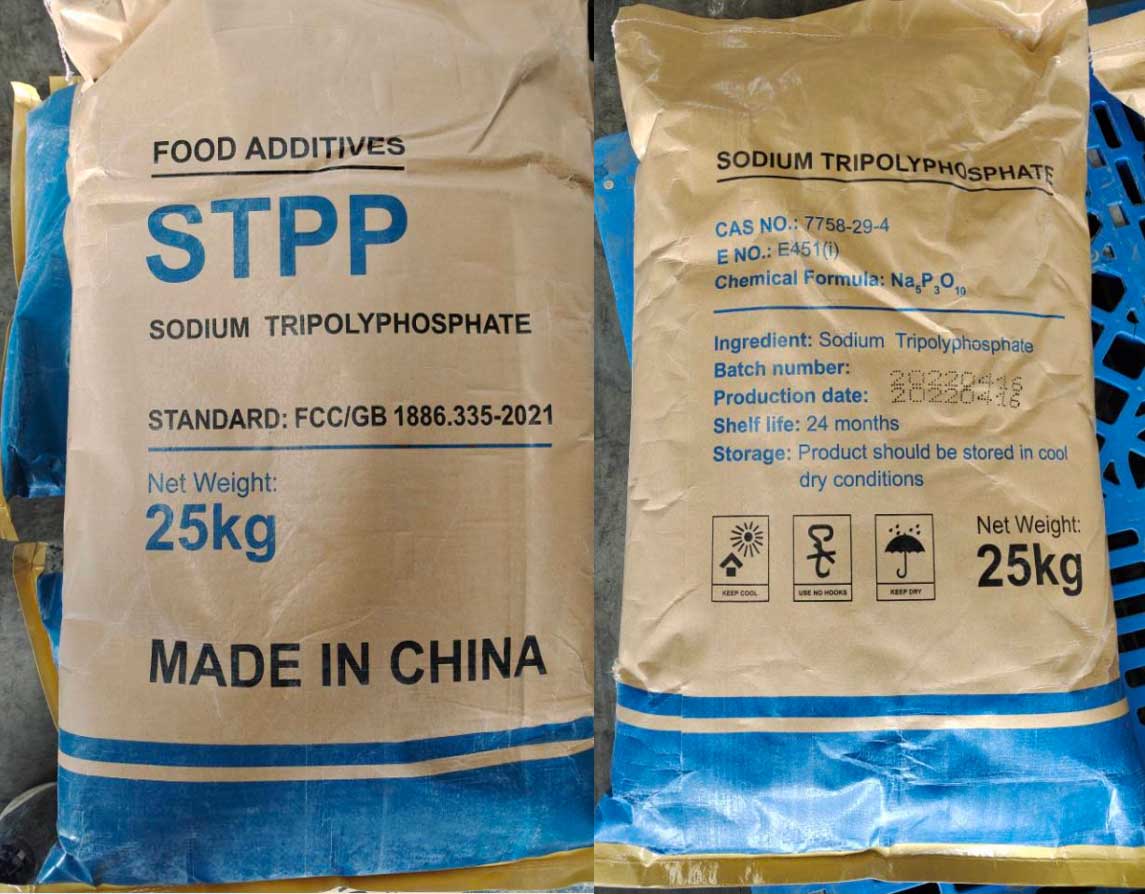Sodium tripolyphosphate (STPP), also known as pentasodium triphosphate, is a versatile inorganic compound that finds extensive use across various industrial applications. Its unique properties, such as its ability to sequester metal ions, emulsify, and disperse, make it an essential ingredient in many manufacturing processes. This article will explore the applications of STPP in industries such as ceramic tile production, detergent formulation, and other areas.
Ceramic Tile Production:
In the ceramic industry, STPP is used as a dispersant and deflocculant. During the production of ceramic tiles, clay and other raw materials are mixed with water to form a slurry. The addition of STPP helps to reduce the viscosity of this slurry, making it easier to handle and process. By preventing the aggregation of clay particles, STPP ensures a more uniform and consistent mixture, which is crucial for producing high-quality ceramic tiles. Additionally, STPP can improve the flow properties of the glaze, leading to a smoother and more even application on the surface of the tiles.
Detergent Powder Formulation:
One of the most significant applications of STPP is in the detergent industry. It is a key component in many laundry detergents and cleaning products due to its excellent chelating and water-softening properties. STPP binds to calcium and magnesium ions, which are commonly found in hard water. By sequestering these ions, STPP prevents them from interfering with the cleaning action of surfactants, thus enhancing the overall effectiveness of the detergent. Furthermore, STPP helps to prevent the redeposition of dirt and grime onto the fabric, ensuring that clothes come out cleaner and brighter after washing. Although there have been concerns about the environmental impact of phosphates, many manufacturers have developed phosphate-free alternatives, but STPP remains a popular choice in some regions due to its superior performance.
Other Industrial Applications:
Beyond the ceramic and detergent industries, STPP has a wide range of other applications. In the food industry, it is used as an emulsifier, stabilizer, and moisture retention agent. For example, it can help to maintain the texture and consistency of processed meats and seafood. In the paper industry, STPP is used as a sizing agent to improve the strength and printability of paper. It is also employed in the leather tanning process to soften and condition the leather. In the textile industry, STPP is used as a dyeing auxiliary, helping to achieve more vibrant and consistent colors. Additionally, it is used in the manufacture of fire-resistant materials, where it acts as a flame retardant by forming a protective layer that inhibits the spread of fire.
Environmental Considerations:
While STPP offers numerous benefits, its use has raised environmental concerns. Phosphates, including STPP, can contribute to eutrophication, a process where excess nutrients in water bodies lead to algal blooms, which can deplete oxygen levels and harm aquatic life. To address these concerns, many countries have implemented regulations to limit the use of phosphates in detergents and other products. Manufacturers are increasingly turning to alternative, environmentally friendly compounds, such as zeolites and citrates, which offer similar functionality without the same environmental impact.
Conclusion:
Sodium tripolyphosphate is a highly versatile compound with a wide range of industrial applications. From improving the quality of ceramic tiles to enhancing the performance of detergents, STPP plays a crucial role in many manufacturing processes. While its use has environmental implications, ongoing research and development are focused on finding sustainable alternatives and reducing its impact. As the demand for high-performance, eco-friendly solutions continues to grow, the future of STPP and its alternatives will likely be shaped by a balance between functionality and environmental responsibility.
Keywords:
- Ceramic Tiles
- Detergent Powder
- Chelating Agent
- Dispersant
- Eutrophication




